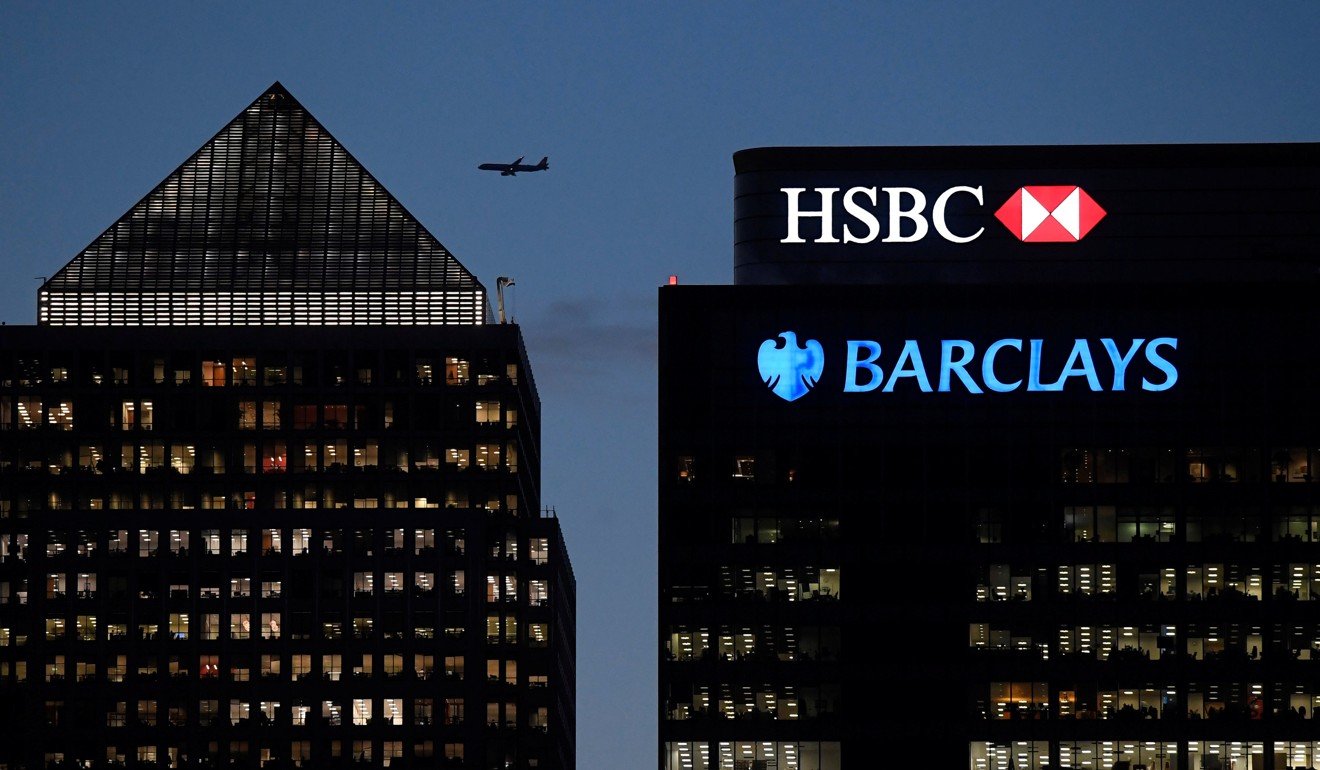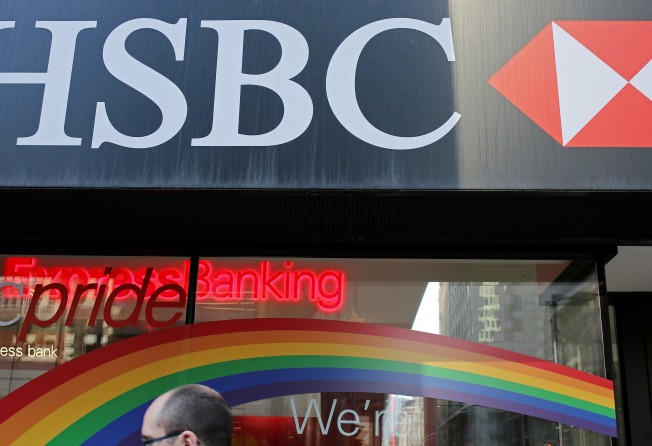
Brash deal maker Matthew Westerman leaves HSBC less than two years after being hired from Goldman Sachs

Matthew Westerman, the high-profile deal maker brought in to overhaul HSBC Holdings PLC’s investment banking arm, is departing less than two years after he was recruited from Goldman Sachs.
Westerman, who was named co-head of global banking in February 2016, agreed to leave Europe’s largest bank by the end of the month, people familiar with the departure said on Thursday, which the bank confirmed in a later memo.
The former Goldman Sachs partner was ousted after his brash management style clashed with the more collegiate culture at HSBC, the people said, declining to be identified as the details are not public. The London-based Westerman did not return calls seeking comment.
Robin Phillips, who was in charge of global banking when Westerman joined and worked alongside him, will continue running the unit, according to the memo.

The former chairman of Goldman Sachs’s European investment bank, who made his name in corporate finance, attempted to inject a more competitive edge to the advisory and financing unit he oversaw at HSBC, which he considered to be too convivial. His stated aim was to establish HSBC as a “consistent top three strategic banking partner” to all of its clients.
In a bid to galvanise performance he sharpened divisions within its bonus pool – giving more lucrative awards to top performers, while slashing compensation for those ranked at the bottom, people familiar with his actions have said. He instituted a harsher end-of-year review procedure, and promoted a smaller percentage of candidates to become managing directors.
During his tenure, dozens of senior staff were cut and a number of long-serving, well known deal makers departed such as Spencer Lake, who was vice-chairman of global banking and markets; John Crompton, the former global head of equity capital markets; and Florian Fautz, the bank’s ex-global head of mergers and acquisitions.
Westerman’s gruff and confrontational attitude ruffled feathers at HSBC and played a role in his departure, according to people who worked with him. While a respected banker who helped bring in more merger advisory mandates, some staff said he did not set clear targets and give direction on how to improve performance, they said.
Global banking generated US$2.9 billion in revenue in the first nine months of the year, up 4 per cent from the same period in 2016, according to company filings. A few months after joining, Westerman combined the banking and capital financing units and instructed employees to prioritise winning more deals and taking more risk instead of making low-returning loans that burdened the bank’s balance sheet.
To improve profitability he recruited specialists, including Ray Doody from JPMorgan Chase & Co as head of leveraged and acquisition finance, Martin Zoll, an equity derivatives specialist at Goldman Sachs, and Deutsche Bank AG’s Alexis Maskell to run the bank’s relationships with private equity firms.
Westerman, 52, had been named as a potential successor to departing Chief Executive Officer Stuart Gulliver. Last month, new chairman Mark Tucker instead opted for long-serving insider John Flint, the head of retail banking and wealth management who’s worked for HSBC since 1989 to succeed Gulliver. Westerman reported to investment bank boss Samir Assaf, who has run the division for seven years.
While at Goldman Sachs, Westerman was one of HSBC’s most trusted external advisers for years and was close to Gulliver and former chairman Douglas Flint, who left in October. Gulliver steps down in February.
HSBC’s global banking unit, which provides advice on mergers and acquisitions and arranges bond and stock sales for clients, has had mixed results under Westerman. While the division boosted revenue 4 per cent this year, that is less than the 14 per cent total increase posted by nine of its biggest rivals including JPMorgan and Citigroup.
The bank has failed to gain any share this year in the US$2 trillion market for arranging bond sales for corporate clients, data compiled by Bloomberg show. The lender remains the eighth-biggest underwriter for the debt, helping clients ranging from Petroleos Mexicanos to Apple issue US$68 billion of bonds.